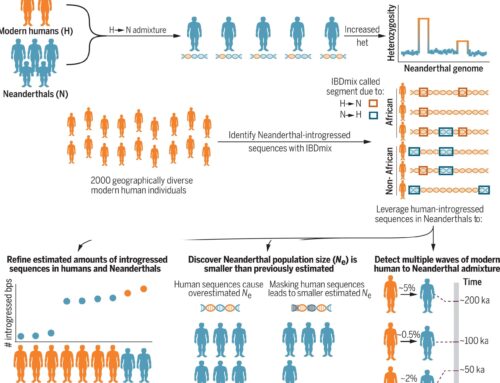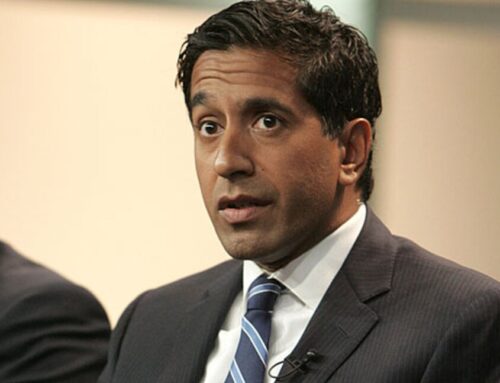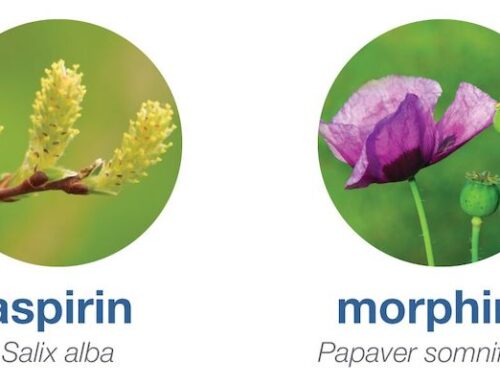Article courtesy of Bloomberg News
About 20 years ago, mapping out a person’s genes cost about $100 million. It will soon cost $200. Illumina, the main company behind the machines that interpret genetic code, says its latest model can produce faster, more accurate results at about one-third the cost than prior versions. That steep discount could bring whole genome sequencing more mainstream. The human genome, or the entire set of genes, was first sketched out in 2001. Since then, scientists have dreamed of the day when analyzing DNA would become part of people’s medical routine. For example, perhaps before prescribing a drug your doctor would review your genetic information to see which medication would make the most sense for you. But so far, that hasn’t really happened, in part because it’s way too expensive. Millions of people happily spat in tubes or swabbed their cheeks and sent them to companies like 23andMe to learn more about their origins. Those tests analyze only small snippets of DNA. Whole genome sequencing, which reads all of it, has been mostly kept to diagnosing rare diseases and helping researchers understand the role genetics play in human health. Illumina wants to change that. The company thinks its new machines will “democratize access to genomics” since they’ll usher in sequencing prices that are more reasonable for health systems. Illumina’s CEO Francis deSouza envisions a future where babies in emergency rooms are analyzed to quickly diagnose genetic disease, tumors are matched to therapies and people are aware of which drugs may work best for them and what might kill them based on their genetic profile.
“We know there’s benefit from doing genomic testing today, but to make it more accessible, we need to continue to drive price points down,” deSouza said. Lowering the price won’t radically transform things overnight. There are a lot of other barriers, such as who can access the tests, whether insurers will pay for them and what exactly people are supposed to do with the information. Still, it’s exciting to think about a future where we know more about what makes us, us.



